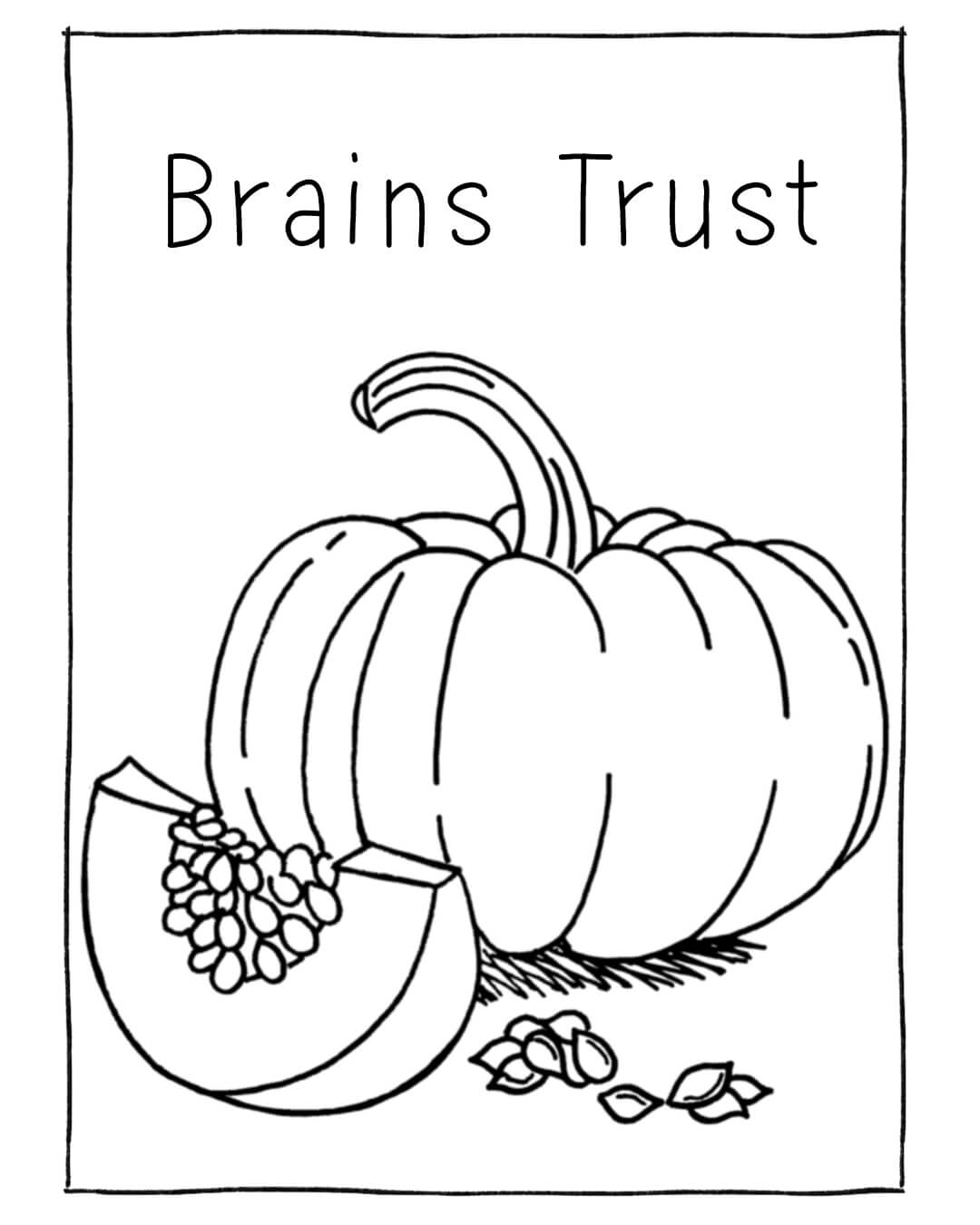How do I encourage worms into our soil and to stay there? [Rebecca, Maryborough, QLD]
In the words of Kevin Costner, ‘If you build it, [they] will come’. Worms live in soils with high humus content. Humus is the product of decaying organic matter. The best way to produce humus is adding consistent volumes of compost and mulch each year. These elements provide worms with the food they require. Consistent moisture is just as important, so do your best to ensure your soils don’t dry out. [Justin]
Any tips for managing animals holistically on a backyard scale? [Manu, Lapstone, NSW]
Understanding what the animal likes to do and allowing it to undertake these behaviours in ways that benefit other parts of the garden is the key to holistic management. A classic permaculture example is using chickens scratching behaviour to turn food scraps into compost, while their insect-catching ability ensures there are minimal flies. Likewise, rabbits enjoy eating grass tips and will benefit from being moved regularly to new spots (becoming ‘lawn mowers’ on areas of grass). At a backyard scale, space is often limited, so systems must be designed to keep the animal active and engaged. This might include allowing animals out to forage for short periods of time (thus providing pest control services) and/or feeding a wide range of foods in a variety of ways (for instance, sprinkling grains through straw for chickens to scratch). Also ensure that you meet the needs of the specific animal; for instance, ducks need enough water to submerge their whole head, while rabbits need a secure dark space to relax. [Beck]

